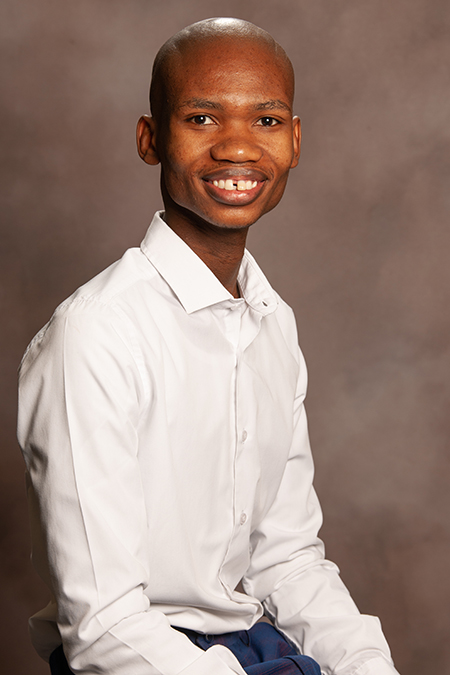It is now deemed unethical for a business to demand that prospective candidate attorneys have driver's licenses, or own or have access to the use of vehicles they could use in the course of their employment.
This is the result of a revision of the rules pertaining to practical vocational contracts in the Legal Practice Act*.
NWU academic and doctoral candidate, Phemelo Magau, says the amendment of the rules should be seen as a positive step in the right direction towards transforming and restructuring the legal profession.
Transformation in the legal profession has been propagated by legal activists for at least the past 30 years. This does not only pertain to transformation in ethnic representation in the management echelons of the law environment or briefing patterns in advocates’ chambers but also include addressing the barriers young graduates faced when they want to enter the profession.
With the youth unemployment rate at a staggering 43,2%, Phemelo believes this development will help to integrate new graduates into the formal job market, especially in the light of the socio-economic impact of the Covid-19 pandemic in South Africa.
“Moreover, this development should be celebrated for being one of the measures aimed at providing equal opportunities for prospective legal practitioners by removing barriers which are not in check with the reality and demographics of our country."
“Today, the main difficulty that young people face is unemployment, which has gotten worse as a result of the Covid-19 epidemic. Creating more opportunities for young people and supporting them to access these opportunities is the government’s foremost priority,” Phemelo concludes.
*The Legal Practice Council signed and gave notice that the rules pertaining to practical vocational contracts made under sections 95(1), 95(3) and 109(2) of the Legal Practice Act, have changed.

Phemelo Magau
